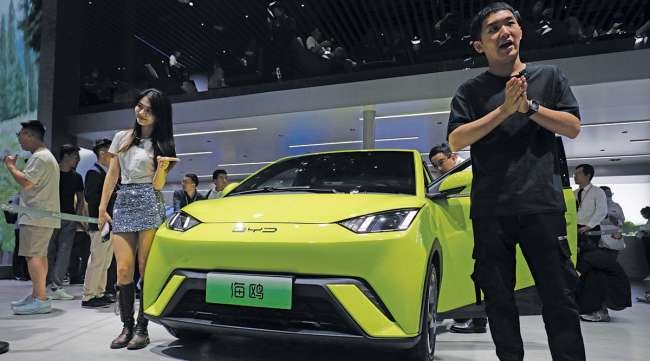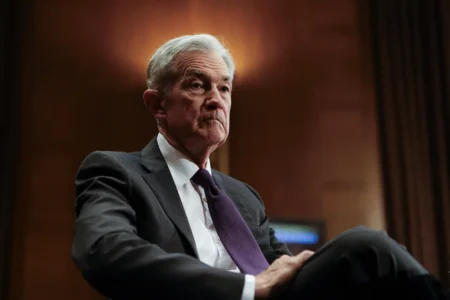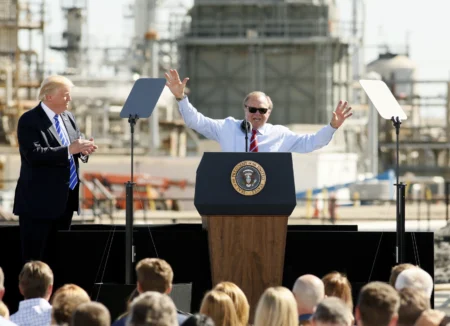BYD, China’s largest electric carmaker, has paused plans to build a car factory in Mexico. The company cites global trade tensions and concerns over Donald Trump’s proposed trade policies as the main reason for the delay.
The announcement was made by BYD Executive Vice President Stella Li on July 1 during the company’s factory launch in Bahia, Brazil. This new Brazilian site marks BYD’s first manufacturing facility outside Asia.
Li explained that geopolitical risks are now influencing global business decisions, especially in the auto industry. She said many companies are rethinking investments abroad due to growing uncertainty.
BYD had been considering three potential sites in Mexico for a large production facility. However, the company stopped actively looking for a location last year. The pause came as BYD waited to see the outcome of the U.S. presidential election and how it might impact trade rules.
In March, Mexico’s President Claudia Sheinbaum confirmed that BYD had not yet made an official investment proposal. Around the same time, reports said China’s commerce ministry was also holding back approval for BYD’s project. One major concern was that any Mexico-based plant could leave sensitive BYD technology exposed to the United States.
Trump’s recent announcement of large-scale tariffs on multiple trading partners, including specific taxes on car imports, has shaken the auto market. His policies aim to shift manufacturing back to the U.S. and reduce reliance on foreign-built vehicles.
The proposed tariffs could make imported cars significantly more expensive. This has triggered fears across the industry. Several U.S. automakers, including General Motors, have already responded by adjusting their production strategies.
Last month, GM announced a $4 billion investment plan to move production of some trucks and SUVs from Mexico back to the United States. This is a direct response to Trump’s proposed tariffs, which could make Mexican-built vehicles less competitive in the U.S. market.
BYD, meanwhile, is still looking to expand its operations in the Americas. However, the company is not rushing into any new commitments. Li emphasized that BYD prefers to wait until global trade conditions become clearer and more stable before making another major move.
She said that long-term success in the automotive industry depends on certainty and policy support. Right now, the lack of clarity is forcing many companies to slow down or rethink their international expansion plans.
Even with the setback in Mexico, BYD continues to grow in other parts of the world. The new plant in Brazil shows the company’s ongoing push into new markets. The Brazil factory will help BYD serve South American customers more efficiently and reduce shipping costs.
The company’s growth strategy includes building a solid presence outside China, especially in areas with rising demand for electric vehicles. However, trade issues and rising protectionism remain serious challenges.
Global automakers are now navigating a complex landscape shaped by tariffs, local regulations, and national security concerns. This makes it harder to plan big investments, especially in cross-border manufacturing projects.
For now, BYD is pressing pause on its Mexico project. The company’s leadership says it will continue monitoring global developments and resume talks when the situation becomes more predictable.
The BYD Mexico plant delay highlights how much political decisions can affect international business plans. It also shows that even top global companies must wait and adapt in times of trade and policy uncertainty.
While BYD stays committed to growing its presence in the Western Hemisphere, it is clear that political risks now play a major role in shaping the future of global auto production.







